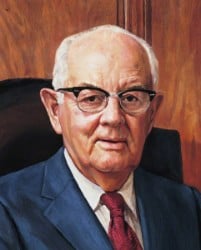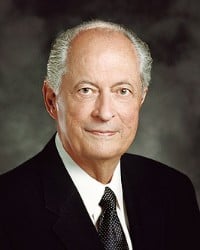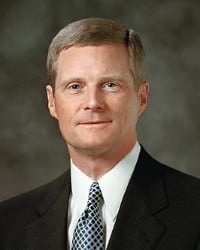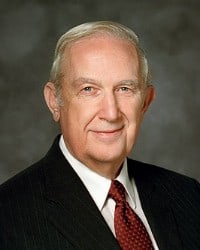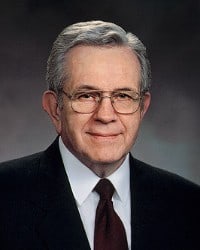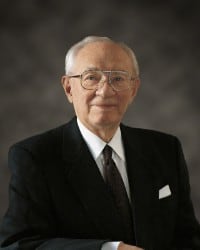You never totally move beyond faith as hope; it is not a box we check off and say, “I am done.” Rather, we begin again and gain experience with a new principle. It spirals upward as a helix, building and continuing. Here is how that occurs. We move from level of faith to level of faith through desire, a willingness to experiment and act, and then receiving a spiritual confirmation as evidence of things not seen. This process and experience bolster our faith. Consequently, we exhibit an increased willingness to experiment and receive an even greater confirmation. Our confidence waxes stronger, line upon line, precept upon precept, here a little and there a little.
Elder David A. Bednar
| Presentation at BYU-Idaho
Topics: Faith, Hope, Intelligence, Knowledge

